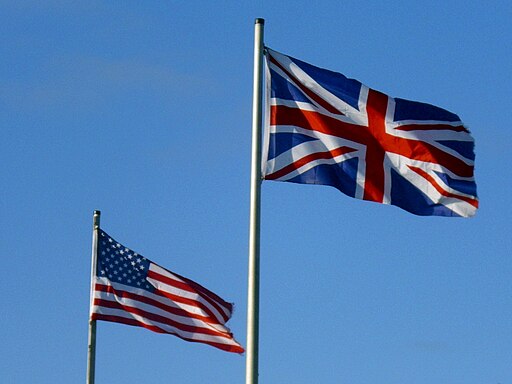
2024 saw the turning of both the US and UK’s governments red, with the election of Donald Trump and the British Labour Party respectively. However, while their colours may align their policies absolutely do not.
Donald Trump, famous for the tax-cutting agenda he demonstrated in his first presidential term, is set to echo that in his second. The Tax Cuts and Jobs Act (TCJA) that was passed in 2017 completely remade the American tax regime, and significantly reduced both individual and corporate taxes, but many of the changes this made are set to expire in 2025, which would mean more than $4 trillion in tax increases. While still in uncertain times, during his campaign Trump pledged to extend many of the TCJA provisions and keep taxes low.
England, however, is facing the opposite scenario. In his first program of tax Sir Keir Starmer laid out £40bn of taxes, the highest tax introduced by a chancellor on record, and analysts warn there could be more of this to come. This steep number is hoped to foster economic growth and counteract the economic shrinkage of October that marked the first time since the end of the pandemic that the economy had shrunk for two consecutive months.
Health issues such as abortion are another policy area that the UK and US fundamentally disagree on. While Nigel Farage has raised the question of rolling back abortion care, across the UK support for abortion is strong, and on the rise with 95% of people believing abortion should care should be given if the pregnancy seriously endangers the woman’s health and 76% of people believe that women should have access to abortions if they decide they do not want to continue the pregnancy.
The US has demonstrated a very different attitude to abortion, not least with the 2022 overturning of Roe v Wade, removing all federal protections of abortion rights and referring decisions back to the states. While some states, such as New York, have protected abortion rights, across the country the lack of support is clear. Texas’s rejection of a challenge from 20 women who were denied medically necessary abortions under the state’s near-total abortion ban proves this, with similar bans being enacted in states like Florida and Oklahoma.
Despite researchers and scientists proving otherwise, Trump has continuously declined the existence of climate change, pulling the US out of the Paris Climate Accords in 2020, and his recent claims that climate change is a hoax leave little room for hope that he will return to the White House with a different attitude. In contrast, the UK’s Labour government made many sustainability pledges in their campaign, and have released their Clean Power 2030 Action Plan detailing plans to achieve 95% clean energy by 2030. The government’s creation of the National Wealth Fund designed to catalyse the funding of sustainability projects also demonstrates their green attitude and plans to make sustainable development a key facet of their time in power.
Trump’s position regarding international relations also stands in stark contrast to Labour’s. Their plans to “reset” the UK’s relationship with the EU stand in stark contrasts to Trump’s calls that the US’s withdrawal from NATO would not be out of the question, marking a change in American foreign policy as they begin to move away from the era of underwriting international security and into a more protectionist age. The UK, however, should it renew its relationship with the EU, would appear to be moving back into a period of international cooperation.
While I by no means intend to insinuate that UK-US relations are failing, it simply begs the question: how long can these two nations retain relations while they move in such different directions?
Image: Flag of the United Kingdom and flag of the USA, Tvabutzku1234 on Wikimedia Commons, 2016 // CC0



Average Rating